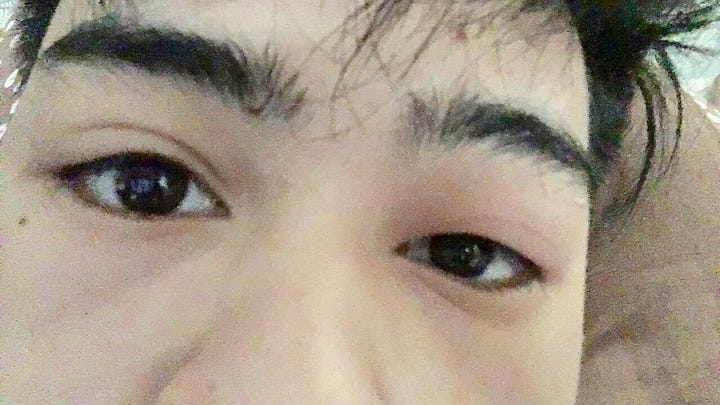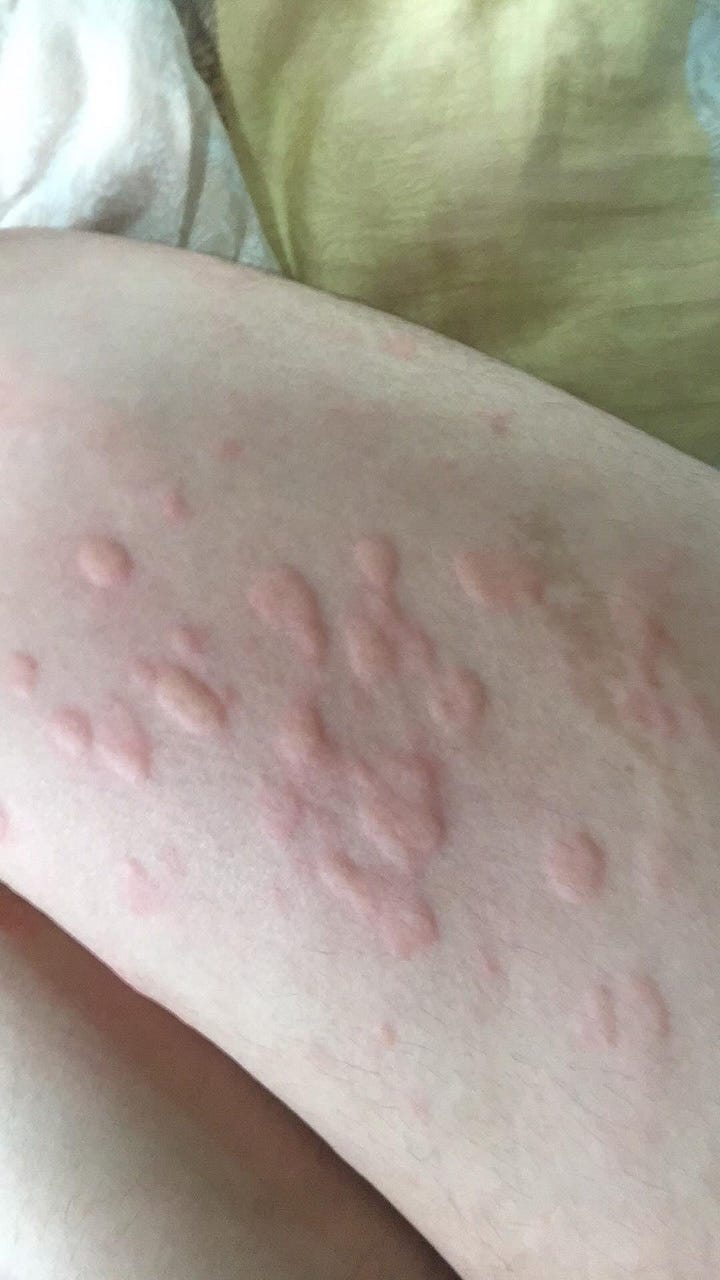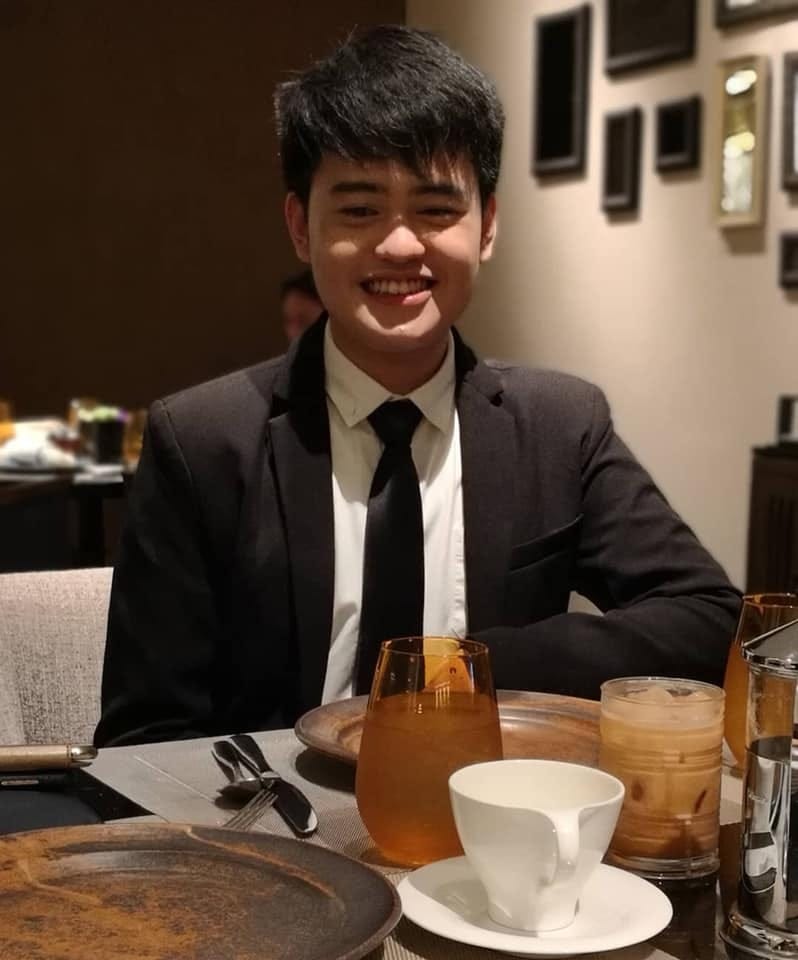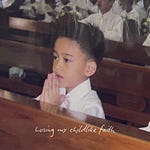From the outside, I looked like I was thriving.
I was a student leader, an advocate, a voice in conversations that mattered. I had come out. I had been accepted by my parents. It seemed like I was blooming.
But inside, I was breaking.
It was 2018, what many would consider the peak of my “success” as a student leader. But it was also the year I hit rock bottom mentally. And honestly, I didn’t see it coming.
After years of bottling up my emotions, performing nonstop, and never learning how to truly rest, my body and spirit finally gave in. The pressure I was under, especially in one of the student organizations I was leading, became too much to handle. And that’s when my anxiety began to show.
Heartbreak Revisited
Just when I thought things couldn’t get worse, I experienced a heartbreak that quietly shattered me.
The girl I had fallen for, someone I trusted enough to introduce to my family, once told me she had feelings for me. But when people started asking questions, she denied everything.
Then she said it, half-laughing, like a joke: she could never love someone like me. Someone bakla.
She tried to play it off. But her face said something else. She looked disgusted.
It was high school all over again. The same disgust I once saw on a boy’s face, I saw it in hers. And this time, it cut deeper.
It reopened a wound I thought had closed.
It made me feel small, ashamed of myself. It also reminded me that no matter how good I was, how kind, how accomplished, how sincere — I was still, somehow, too much. And I was not deserving of love.
The Breakdown
And that event triggered my first full-blown anxiety attack, which happened in front of my classmates. What started as a joke led me to break down, sob uncontrollably, breathe heavily, and shake nervously. It felt like I was unraveling in real time. I wasn't just having a bad day. I was falling apart.
A friend noticed and tried to comfort me. They brought me to the clinic. But the truth was simple: I was not okay.
The attending doctor calmed me down and gently suggested that I consult a mental health professional. It was the first time someone in a position of authority called it what it was, not a mood, not drama, not just stress.
And that’s when it hit me. I had spoken at forums. I had joined conversations on mental health. I had told other people to seek help. Now, it was my turn. I had to follow my own advice. I had to be an advocate not just for others, but for myself. And maybe, for the first time, I finally did.
But a part of me still wondered: how could I not know that I wasn’t okay? How did I miss the signs? Why did it take a collapse for me to admit I needed help?
There had been signs building up for weeks.
I was breaking out in hives — painful, inflamed reminders that my body was screaming what my mouth didn’t know how to say. And I was also breaking out terribly. My face was covered in acne and rashes, my skin itchy and raw.




Every time I had an anxiety attack, hives would appear on my body.
It was as if my skin was echoing what I felt inside, reacting violently to the weight I was carrying. The more anxious I became, the worse the breakouts got. It was a painful, visible reminder that I couldn’t just push my emotions aside anymore.
One of my friends later told me that when my mental breakdown, I started off crying normally, but once I was hugged, I just collapsed. My body was shaking. My eyes were red and veiny. I was gasping for air. The more people gathered, the more intense everything became. It was the kind of breakdown you don’t forget, not because of how it looked to others, but because of how much it revealed: I was no longer in control.
The Secret Struggle
Behind the scenes, I finally decided to seek therapy alone. I didn’t tell my parents because when I opened up to them, at that time, they didn’t believe in mental health struggles.
They thought, "You’ve come out. You’ve been accepted. What else could possibly be wrong?"
“You just have allergies,” they said. But I wasn’t allergic to anything.
To them, it didn’t make sense. Why would someone who was “doing so well” still be “suffering”?
So, I paid for therapy sessions myself, juggling schoolwork, leadership duties, and my own mental health journey. I didn’t have the words for what I was going through back then; I just knew I wasn’t okay. This would later mark the beginning of my battle with generalized anxiety disorder.
The therapist I eventually worked with helped me understand that what I was going through aligned with it. She introduced me to breathing techniques, grounding exercises, and mindfulness tools to help me manage what I was going through.
For the first time, it didn’t feel like it was all just in my head.
I wasn’t making it up. I wasn’t being dramatic. There was something real happening, and now, I had the language, the tools, and most importantly, the help.
Making It, Somehow
2018 was supposed to be my senior year high note. Instead, it became a year of missed deadlines, strained relationships, and disappointment. I dropped the ball on a lot of things. I was barely holding it together.
But somehow, I made it.
And that meant something.
Because for the first time, I stopped pretending I was okay. This was the year I began to face myself.
The Beginning of Healing
The healing didn’t happen overnight. But something shifted. I started taking my well-being seriously, not as a concept or a campaign, but as a lifeline.
I realized how much I actually didn’t love myself, and how willing I had been to pour myself out for others and my advocacies while neglecting my own soul.
Among the many overwhelming lessons and eye-opening realizations I had that year, I think the most important was this: the importance of self-love, which is why I promised myself that in 2019, I would start investing in and making time for the most important relationship I had, my relationship with myself.
And maybe, that was enough for now.













Share this post